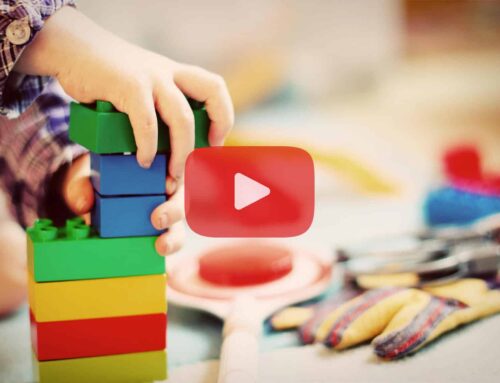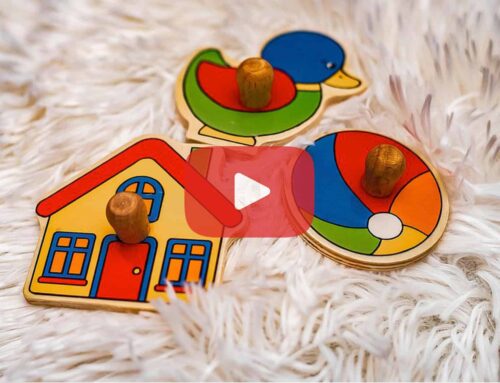Talking to your child (ages 18 months–10 years) in an age appropriate way
- You are your child’s best teacher! Children will hear lots of information from their friends, books, TV, movies etc. When it comes to talking about sexuality you want your child to hear factual information, and your influence as a parent is powerful. The goal is to empower your child to be able to ask you any questions in a non-judgmental environment and to be able to come to you as a reliable and honest source for answers to their questions. If your child catches you off guard, you can use language like, “I don’t know the best answer to your questions, so let me think about it more, and I will ask your doctor and get back to you.
- Let your child guide the conversation. Ask open-ended questions. Listen to your child’s responses and let them end the conversation if they want to. Let your child know that if questions come up they can always come ask you. It is also okay for them to ask the same questions again as they process things. Be prepared to repeat yourself.
- Use proper names for all body parts. Keep answers brief and honest.
- Check in with your child after you answer. You can ask “Does that answer your question?” “Do you have more questions?”
- This is not a one time conversation. Conversations about sexuality and gender identity should continue throughout your child’s development. Some conversations will be brief, some longer.
- Check in with yourself. Be as aware as you can of your own biases and feelings about sexuality and gender identity.
- You can ALWAYS ask us anything. Our Premier pediatricians are here for your entire family. If you have questions, need guidance, or just want to chat please reach out. Our goal is to create an open, honest partnership with your child and your family. We are honored and humbled to join you on this exciting and complicated journey of parenting.
Age Examples
18months–3 years: Children in this age group are starting to learn about their own bodies and figuring out their place in the world compared to others. This is a great opportunity to teach your child the proper names for body parts. You can talk with your child about which body parts are private (ex: parts covered by a bathing suit.) Keep conversations brief, not overly detailed, and factual.
3–5 years: Preschool children have lots of questions! You may have already noticed the lots of Whys. They are trying to make sense of and understand themselves and the world around them. They also tend to repeat questions so gear yourself up to answer the same questions multiple times. Children this age may begin to show interest in basic sexuality both of their own and the opposite sex. Children may begin to touch their own genitalia. It is important not to shame your child about this. However, your child will need to learn what is all right and what is not. Each family will approach these conversations differently and that is okay.
Important things children should learn at this age
- Touching your genitals is healthy and normal. However, touching your genitals and self exploration is private and needs to be done in a private place such as the child’s bedroom or a bathroom.
- It is not okay to touch your own or anyone else’s genitals on play-dates, in the playground, at school etc.
- No other person, including close friends and family members, can touch your child’s private parts. The only exception is if mommy or daddy are present and give the safe grown-up permission. You want to avoid saying it is okay for the doctor. We stress at well visits that the only reason it is okay for the doctor to check private parts during the physical exam is that a parent is present and gives permission.
- If anyone who doesn’t have permission from parents to touch your private parts and a parent isn’t present, say no and find a safe grown up.
5 to 7 years old
Children in this age group are learning more about how different people get along with each other. They may notice they enjoy spending time with some children more than others. They may start to be interested in how babies are conceived and born. They may notice families can have different family structures as their own. Questions tend to become more complex in this age group. Your child may have also heard friends talking on the playground about these topics as well. As above, be honest and open. Answer questions anatomically and factually without judgment.
8 to 10 years old
At this age children have developed a sense of right and wrong. They are concrete thinkers. This means they are not able to really understand abstract ideas and tend to view things as more black and white. They have trouble with ambiguity. Children this age can understand that sex is something that happens between two adults who love each other. They may want to know about how you and your partner met. They may want to know how they were conceived (children tend to say made) and how they were born. It is important to answer these questions honestly and explain that families are formed from love. Love can look different in each family. At this age, or perhaps earlier, children will notice homosexual relationships. This is a great opportunity to talk to your children and help them understand that liking or loving a person does not depend on the person’s gender and can be different than liking someone sexually. It is also a good age to teach them that gender and sexuality are two different things. Talking to children about sex and gender can be challenging at times. It is okay to not have all the answers or say I need time to think about how to best answer your questions and I will get back to you tomorrow. The most important takeaway is that you create an environment where your child feels safe asking you any questions without fear of getting in trouble. These conversations are open and on-going and don’t need to take place all at once. As always, if you need our help or guidance, your Premier Pediatrician is always here for you. Stay tuned for up coming blog posts about discussing puberty with your child and talking with your adolescents about sex and gender identity.




